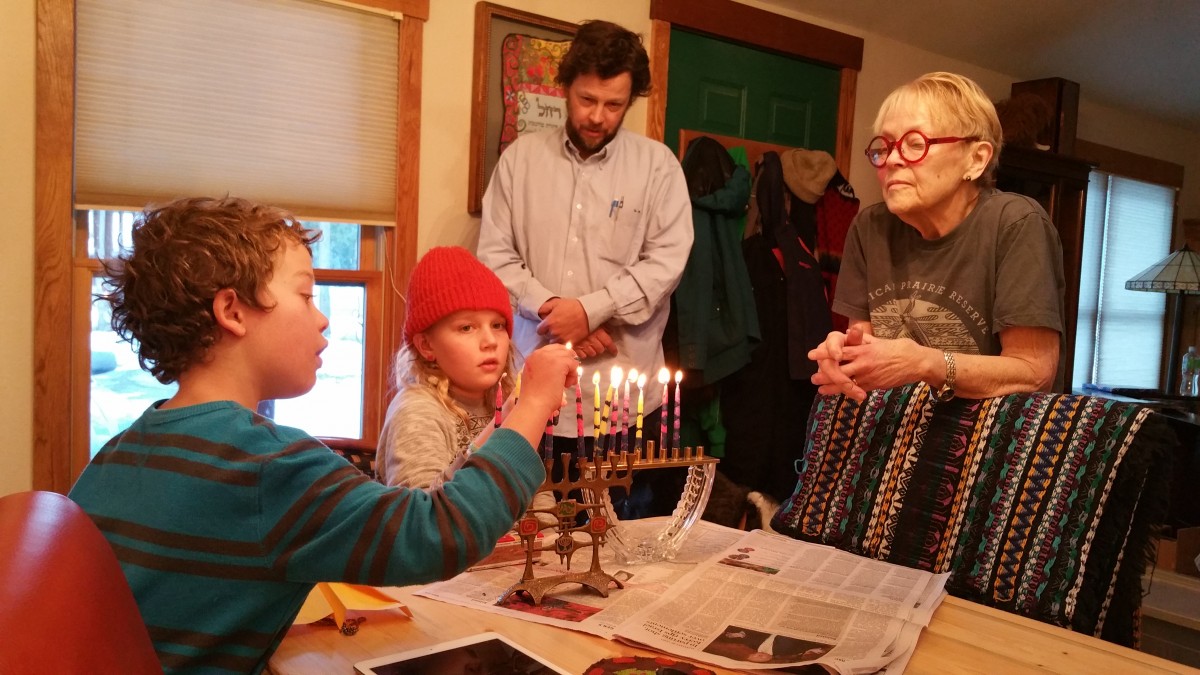Beltane and the Beltane Moon
 Tuesday gratefuls: Deb. Robbie. Tal. Gretchen. Alan. Terrence. Jill. Nights. Lunar red. The full red Moon. Cloudy skies. Skipping Sefer Yetzirah. Learning things in astrology. Not enough. Reading plays. Loving it. Art is not only sculpture, prints, paintings, metal work. Literature. Theater. Music. Oh. Remembering.
Tuesday gratefuls: Deb. Robbie. Tal. Gretchen. Alan. Terrence. Jill. Nights. Lunar red. The full red Moon. Cloudy skies. Skipping Sefer Yetzirah. Learning things in astrology. Not enough. Reading plays. Loving it. Art is not only sculpture, prints, paintings, metal work. Literature. Theater. Music. Oh. Remembering.
Sparks of Joy and Awe: Alfieri and Felix
Tarot: #8, The Stag
“The Stag shows our connection to the universe and…organic life on this planet. The hatchet is a symbolic image of the human will to alter the environment. In order for the environment to change more positively, we need not only more effective actions but also (to accept) our responsibility to nature. On the shield, the picture of a great Oak tree reminds us that we must preserve and protect natural resources.” tarotx.net
Wow. Up at 9:22 am this morning. To bed at 10:30 pm. Acting class and pre-bed routine. Woke up and felt great. I went, huh? No time to write Ancientrails before Astrology class. No time to exercise so I skipped Sefer Yetzirah. Skipping class. For me? Hardly ever. I loved doing it this time.
Had brunch, then exercised. Felt and feel great. Pay attention to accidents. Like the fall, yes, but in this case a late night, late morning. Well. I could do this, I guess. Just because for the last 30 years I’ve gone to bed early and gotten up early does that mean I still have to? No. It doesn’t
If my acting lessons take me anywhere, which I’m not expecting, but if they do, rehearsal? At night. Performances? At night. Services at CBE? At night. It would open up a different lifestyle for me.
On that note. I got stuck. My Minneapolis Institute of Arts experience led me to a Johnny-one note approach to the arts. Painted. Sculpted. Printed. Sewn. Splattered. Photographed. Videoed. Yes. If I couldn’t regularly see high quality art of this kind, well…
Then my buddy Alan suggested I take an acting class. Sure. Why not? At the very least a reminder of a different art form. One I’d engaged in the long ago far away. Whoa. Heart work. Body work. Get the mind out of the way work. Reread some contemporary work like The Odd Couple, View From the Bridge, next American Buffalo. Act scenes from them. Develop the Self in a new way.
I mean. Like the proverbial 2×4. Oh. Yeah. And music, too. Gotta get somebody, maybe Alan, to help get my audio world turned on here on Shadow Mountain. Will begin again to read classical literature. Metamorphosis first, I imagine.
As Ode said, routines. The only difference betweeen a rut and a grave are the dimensions. Yeah.
So I may become a later to bed, later to rise guy. For art’s sake.
Here’s a realization I had today. When I take something from Taoism, I take it as a Taoist.When I take something from Christianity, I take it as a Christian. When I take something from Judaism, I take it as a Jew.When I take something from Islam, I take it as a Muslim. When I take something from Hinduism, I take it as a Hindu.
Furthermore. When I take something from Japanese culture, I take it as a Japanese. From Colombia as a Colombian. From the Celts as a Celt.
Syncretism and appropriation are dirty words in most intellectual circles. I’m not trying to create a new, smashed together religion, nor am I lifting ideas from their living culture to reorient in mine.
Nope. When I say I’m a follower of Shiva, which I am, I mean I’m aware of and beholden to the cosmic dance of creation and destruction and Shiva is its name. When I say ichi-go ich-e is important for me, I’m saying this moment, this one while I’m typing on the keyboard, throwing these ideas out into the cyberether, will never happen again. And, is precious for that reason. When I say I follow the Great Wheel, I’m an ancient Celtic thinker noticing the stars and the changing of the seasons, tying them together in a long, yet repeating spiral.
I don’t pick and choose. Nope to that either. Some ideas and concepts that come to me as I read, listen, see change my way. When they change my way, they become part of me, part of my ancientrail.
Neither striving for nor hoping for a neat package tied up with a bow. Nicely systematized. Not important to me. Insights into life and how to live it? Very important to me.
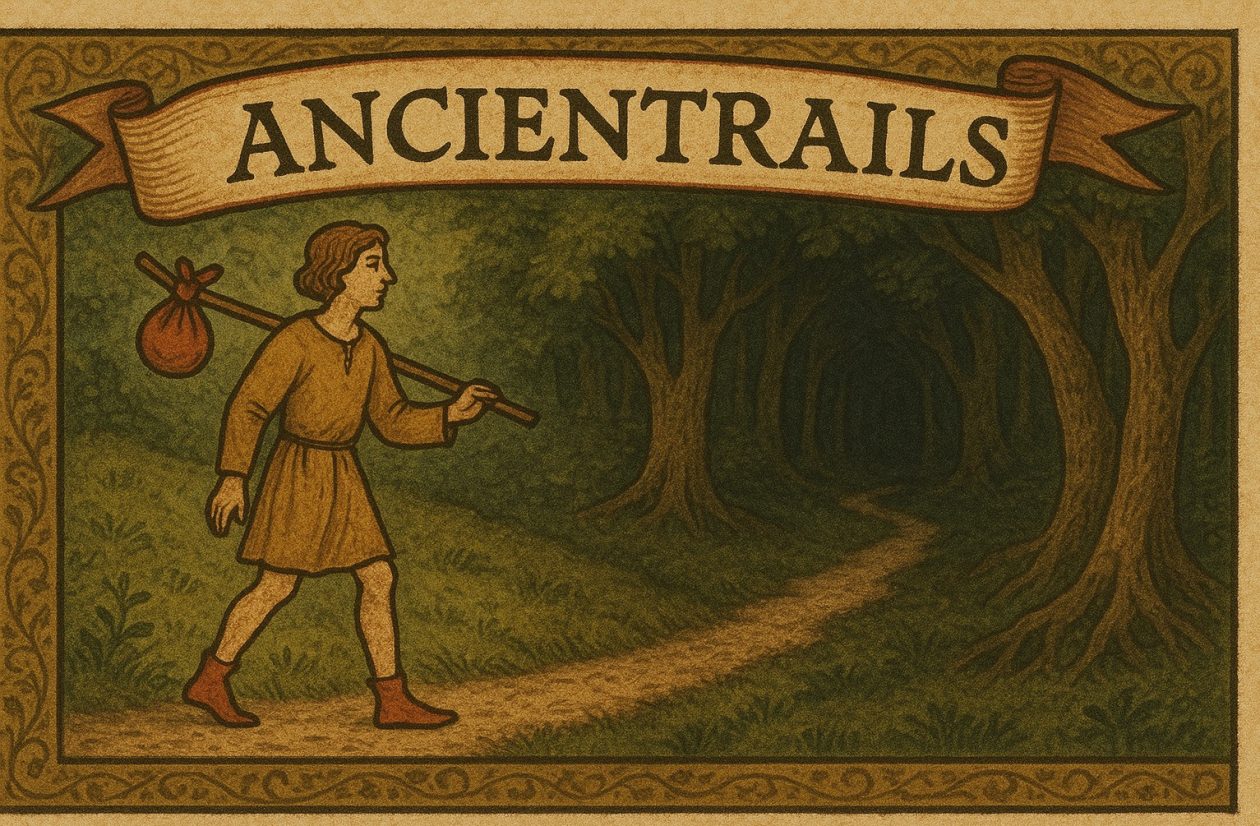

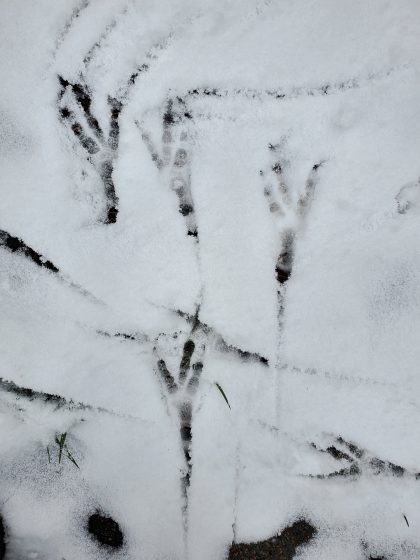

 Acting class. Huh. Enjoyed. In an exercise, How do I feel, I said I feel like a school boy on the first day of class. I feel exhilarated. I feel exhilarated. Even though ouchy and unable to bend as easily as usual (the back owie) I find myself intrigued and engaged. Next week we get a scene from a play. Start digging into it with the five questions:
Acting class. Huh. Enjoyed. In an exercise, How do I feel, I said I feel like a school boy on the first day of class. I feel exhilarated. I feel exhilarated. Even though ouchy and unable to bend as easily as usual (the back owie) I find myself intrigued and engaged. Next week we get a scene from a play. Start digging into it with the five questions: Sunday gratefuls: The Webb. 17% of the way to L2. Our white Christmas. The Power of the Dog. Whoa. Jane Campion. Microwave. Sink, working. Dishwasher, working. Heart, working. Kate, always Kate. Travel. Jon’s prints. Kep’s bounteous fur. Rigel’s pique. Termination Shock, Neil Stephenson. Finished. Barrow spread. Finished. New life. Begun.
Sunday gratefuls: The Webb. 17% of the way to L2. Our white Christmas. The Power of the Dog. Whoa. Jane Campion. Microwave. Sink, working. Dishwasher, working. Heart, working. Kate, always Kate. Travel. Jon’s prints. Kep’s bounteous fur. Rigel’s pique. Termination Shock, Neil Stephenson. Finished. Barrow spread. Finished. New life. Begun. Morrison’s, a computer scientist who wrote a book on private libraries. Reid Byers:
Morrison’s, a computer scientist who wrote a book on private libraries. Reid Byers:  Libraries are my happy place. While in Seminary, I had a favorite carrel on the third floor of the library. It overlooked the Seminary grounds, Highway 694, and the forested land across the freeway to the north. My heartbeat slows down, my mind concentrates. I find flow in libraries.
Libraries are my happy place. While in Seminary, I had a favorite carrel on the third floor of the library. It overlooked the Seminary grounds, Highway 694, and the forested land across the freeway to the north. My heartbeat slows down, my mind concentrates. I find flow in libraries.








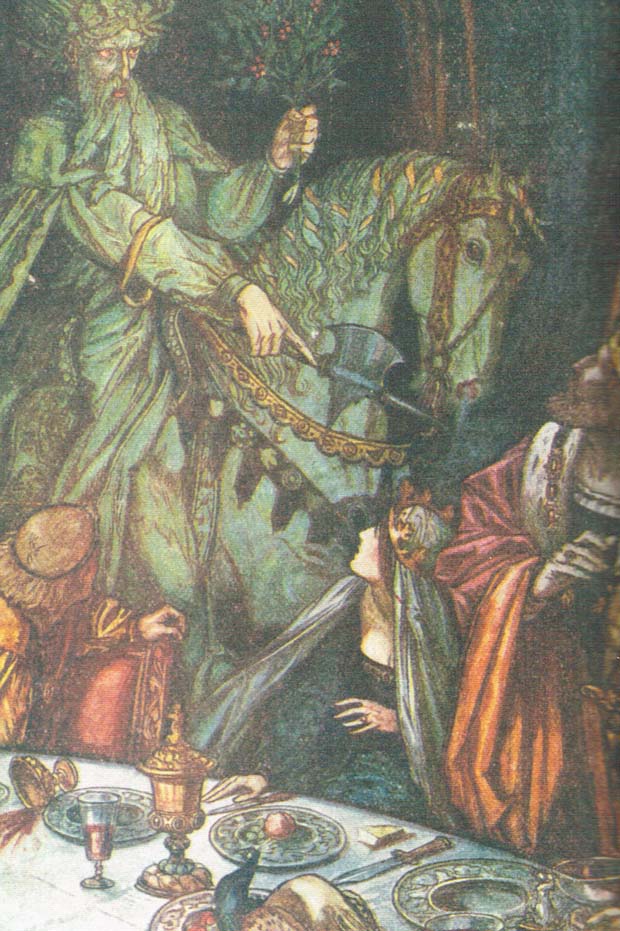

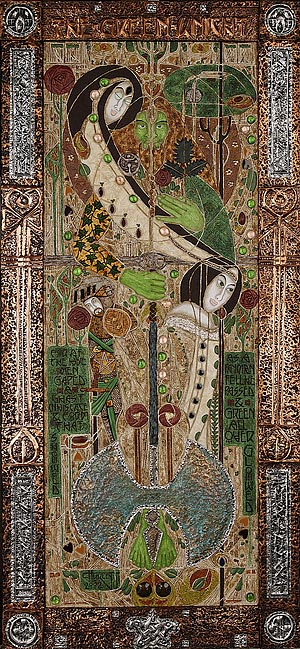 I see two related, but different, relationships to the Winter Solstice in this story. The first, perhaps obvious, perhaps not, concerns the turning of the Great Wheel.
I see two related, but different, relationships to the Winter Solstice in this story. The first, perhaps obvious, perhaps not, concerns the turning of the Great Wheel. Magic. Earth Magic. The green covered burial mound is a chapel. The place of Morgan Le Fay, and the Green Knight may represent the older, nature focused magic, a magic that honored the chaotic reality of the natural world. A magic that confronts the civilized world of revels and knights and governments and agriculture. The organized world. Which can only understand death as finality, not as part of an ongoing cycle.
Magic. Earth Magic. The green covered burial mound is a chapel. The place of Morgan Le Fay, and the Green Knight may represent the older, nature focused magic, a magic that honored the chaotic reality of the natural world. A magic that confronts the civilized world of revels and knights and governments and agriculture. The organized world. Which can only understand death as finality, not as part of an ongoing cycle.

 Except. Conifer. Evergreen. Pine. Maybe a Douglas Fir, a soaring Redwood, a Sequoia. A Jackpine. Still green. Yes. These cold fallow days were not all powerful. Even though the sun had begun to disappear, these trees braved the elements. Still green.
Except. Conifer. Evergreen. Pine. Maybe a Douglas Fir, a soaring Redwood, a Sequoia. A Jackpine. Still green. Yes. These cold fallow days were not all powerful. Even though the sun had begun to disappear, these trees braved the elements. Still green.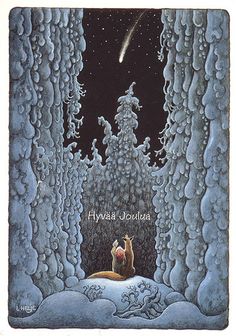 Those Romans. Hey, they were something, weren’t they? Saturnalia. Celebrated Jupiter’s overthrow of his father, Saturn. A new world order. It ran from December 17th to December 24th. A lot of decorating,gift giving, feasting, singing songs, giving each other candles to celebrate the eternal light. No Rudolf or Reindeer. Later on.
Those Romans. Hey, they were something, weren’t they? Saturnalia. Celebrated Jupiter’s overthrow of his father, Saturn. A new world order. It ran from December 17th to December 24th. A lot of decorating,gift giving, feasting, singing songs, giving each other candles to celebrate the eternal light. No Rudolf or Reindeer. Later on.
